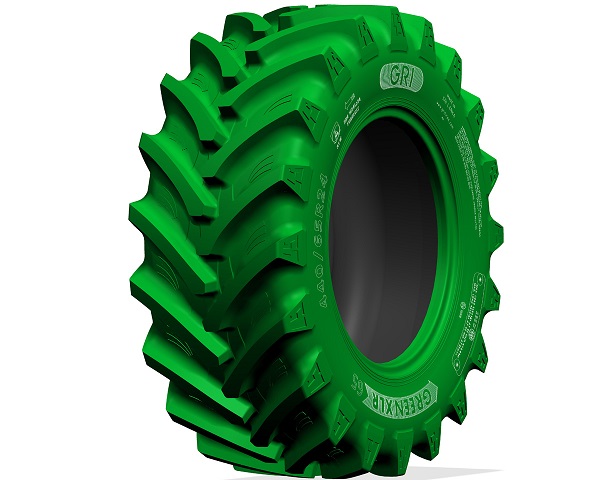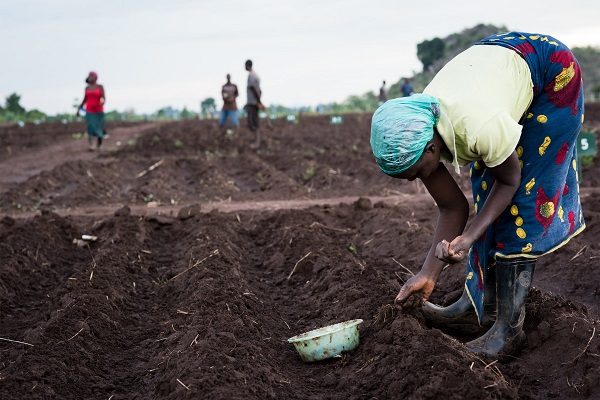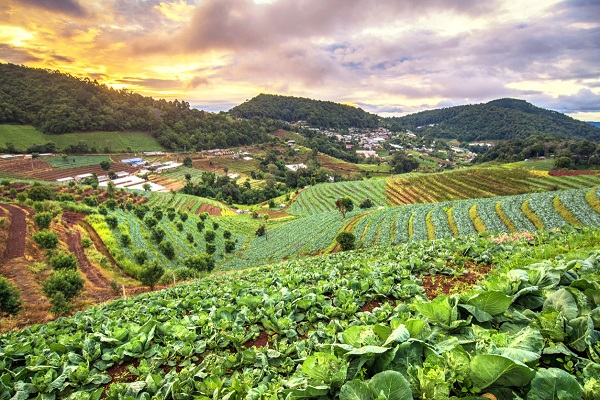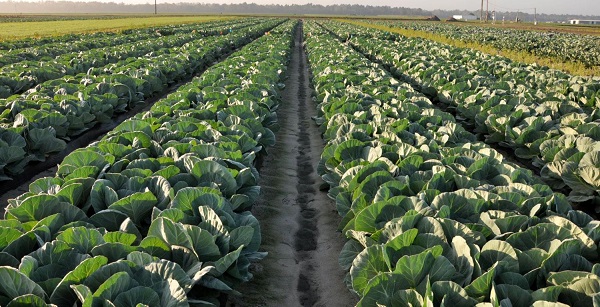The agriculture industry is facing several pressing concerns, including extreme vulnerability to climate change, labor shortages, inefficient agri-food system, and evolving consumer preferences for transparency and sustainability.
In this context, innovations in technology are driving the next wave of revolution in agriculture, paving the way for more sustainable, efficient, and resilient agricultural practices, says GlobalData, a leading data and analytics company.
Kiran Raj, Practice Head of Disruptive Tech at GlobalData, comments: “Emerging technologies such as AI, blockchain, IoT, robotics, data analytics, and connected sensors continue to shape the innovation trajectory in agriculture. However, these advances will require all the industry players to collaborate to unlock the new pockets of value in terms of enhanced productivity, improved efficiency, and greater sustainability.”
Shagun Sachdeva, Project Manager of Disruptive Tech at GlobalData, comments: “Supply-chain disruptions resulting from COVID-19 pandemic and Russia-Ukraine war accentuated the necessity of widespread digitization and responsible innovation in the agriculture industry. Smart agriculture practices in terms of exploring smart crop varieties, discovering novel genetic features, and advanced digital farming solutions renewed a sense of optimism. Signals from all angles right from policy-makers, investors, technology companies, to researchers suggest that there will be growing momentum behind the shift toward agriculture 4.0.”
The Innovation Explorer database of GlobalData’s Disruptor Intelligence Center reveals some of the key innovation areas in agriculture to obtain higher yields, lower costs, and improved sustainability.
Agrivoltaics – Regenarative Agriculture
Agrivoltaics is food–energy–water nexus (FEW) that involves crops cultivation beneath solar panels, simultaneously utilizing land for both agriculture and energy production. Agrivoltaics farming offers potential benefits in terms of increasing renewable energy production, increasing sustainable food productions, and preserving land and water resources. In November 2022, Mirai Solar developed PV shade screen to be used in areas with high solar radiation levels to protect plants from excessive sunlight while generating electricity. In May 2022, Unilever formed a regenerative-agriculture investment fund worth $103.9 million.
Smart Monitoring Technology
Whether its drone farming or IoT sensors and chips, smart monitoring technology solutions offer a variety of ways to farmers to improve the observation and care of crops and livestock in a cost-effective manner. In February 2023, SLT-Mobitel Enterprise introduced the Fazenda Smart Agro solution in Sri-Lanka by integrating IoT and AI-based technology. In 2022, Bayer’s Crop Protection Innovation Lab developed an IoT device ‘Digital Yellow Trap’, which alerts farmers of threats in their fields.
Agrobots
An agrobot is an autonomous robot designed to assist with farming tasks, reducing the need for manual labor and increasing productivity. In FIRA 2023 (International Forum for Agricultural Robotics) three different agrobots debuted. Exxact robotics introduced “Traxx Concept H2 prototype”, which was powered by hydrogen fuel cell.
Smart greenhouses
Agritech companies are investing in IoT-based greenhouse automation for plant growth monitoring to minimize human intervention. Companies are recruiting automation specialists in the field of data management and robotics, as well as farming experts to track crop health. In April 2022, The Department of Agriculture-Regional Field Office (DA-RFO)-10 launched P100-M smart greenhouse in the Phillipines.
Algae-based carbon capture technology
Algae-based bioenergy production is seen as a growing trend. As the technology advances and more algae-based products become available, algae will be the spotlight crop of the future as it can be cultivated on marginal lands, and in water that is unsuitable for traditional farming, and the ecological impact of algae cultivation on the environment is much lower than other crops. In April 2022, Brilliant Planet announced its plan around economic, gigaton-scale carbon capture using algae.
Sachdeva concludes: “With the current scale of investments in smart agritech, it is safe to say that technology is making meaningful crontribution to agriculture and allied industries such as finance and insurance , and it will go a long way in transforming these industries. To handle several disruptive forces successfully, the industry will need to redesign business models, realign the traditional roles, and create co-investment opportunities for private, public, and philanthropic sectors to finance sustainable and commercially viable solutions in agriculture’s tech-driven future.”
Also Read





